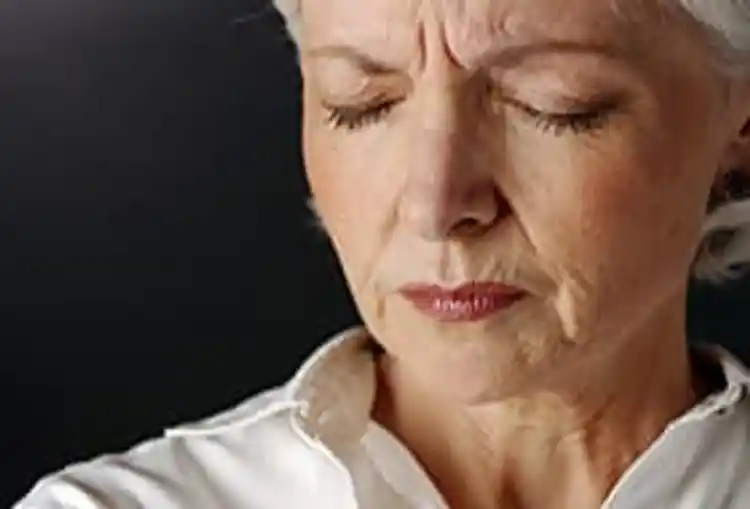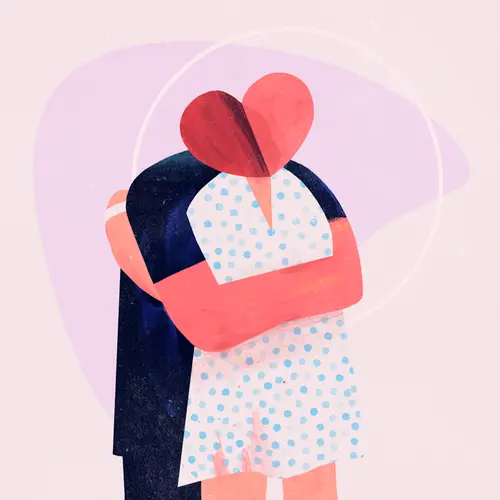Hurtful Comments

Hide Video Transcript
Video Transcript
Narrator
How can I handle well-meaning but hurtful comments about my cancer recovery? Julie Silver, MD
Well-intentioned people can say things that are very, very hurtful. I was walking one time in my neighborhood, and a very lovely woman came up to me and said, "Oh my God Julie, you have cancer, I heard, it's so terrible, I can't believe it how awful." And there's my little daughter standing there, her face just fallen, and eyes huge, and practically in tears and thinking oh my gosh, this woman's saying all these really bad things about my mom. And I had told my daughter that I had cancer, that it was a bad disease, but that the doctors thought they could help me. Julie Silver, MD (cont.)
So I think the one thing you have to recognize is that you're going to get ambushed, there's no way around it, you will get ambushed. People will tell you their worst-case stories and scenarios, someone will -- you'll see something on the news that will be terribly upsetting, you'll get ambushed. Julie Silver, MD (cont.)
And one of the things I tell people is that there are setbacks in healing, and there's emotional setbacks and there's physical setbacks, but that doesn't necessarily affect your ultimate prognosis and the ultimate outcome. You can prepare yourself a little bit for the emotional setbacks by knowing they're going to occur, by knowing people will say things that will be very upsetting to you. And when you feel ambushed, recognize it as that. Recognize it as an ambush, and say, wait a second, the reason I'm feeling so bad isn't because my disease has changed at all, or I have a different prognosis now, or anything like that, I'm just feeling bad because of what this person said. And that really isn't relevant to my situation and what's going to happen to me. Julie Silver, MD (cont.)
So if you can recognize it as an ambush, that's really helpful. And you can help your kids with that too, and tell them, "You know, that woman might have had a bad experience with cancer. She might not really understand that the people that we treat now for cancer usually live, that they can do really well and have great lives." And that, especially if you have a good prognosis you should let your family know that and your kids, "With my kind of cancer, the doctors think they can help." And just keep reinforcing that. That's really important. 